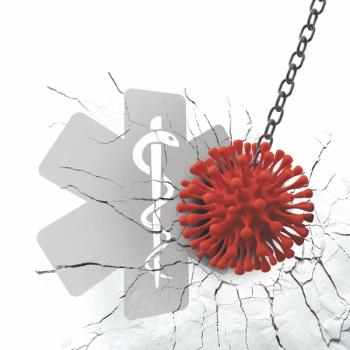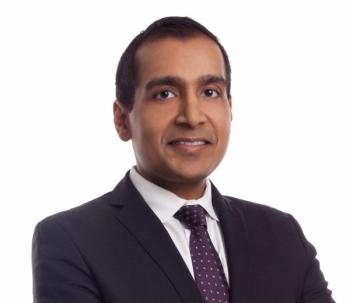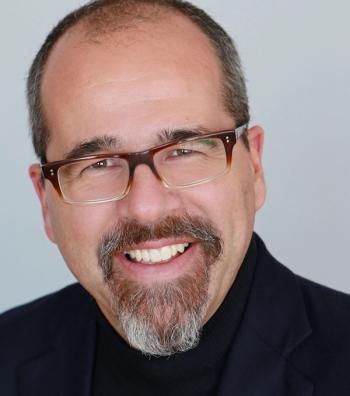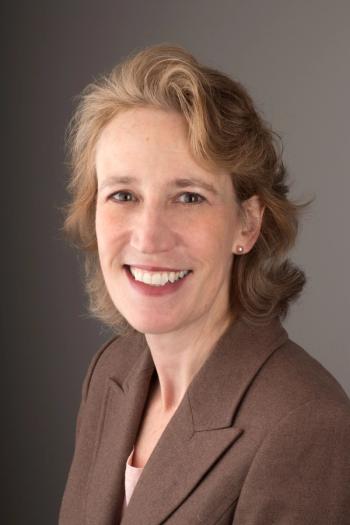
COVID-19 forced a shift to virtual behavioral health therapy. Some once-skeptical providers, however, are finding telehealth beneficial. Reimbursement and continued relaxation of regulations will determine whether it’s here to stay.

COVID-19 forced a shift to virtual behavioral health therapy. Some once-skeptical providers, however, are finding telehealth beneficial. Reimbursement and continued relaxation of regulations will determine whether it’s here to stay.

As the pandemic enters its fourth month in the U.S., the Center for Medicare and Medicaid Innovation (the Innovation Center) has announced several changes that, on the whole, increase flexibility for program participants.

Will produce recommendations for policymakers on crucial issues for future of remote care services.

Some hospitals were overwhelmed. But for many providers, COVID-19 has meant the absence of patients - and major drops in revenue. And now there is a possible economic downturn. COVID-19 has hit American healthcare and hit it hard.

John Kalamaras, business intelligence analytics manager of DataGen, chats with Managed Healthcare Executive's Briana Contreras, about the Centers for Medicare and Medicaid Services, or CMS’, recent announcement of the changes they’ve made for participants in their value-based programs, specifically those in bundled-care programs like BPCI Advanced, whose episodes were affected by COVID-19.

Understandably, there is a lot of nervousness around how COVID-19 is going to affect the healthcare industry-both in the near-term as well as the distant future. As the organizations that will have to take on a majority of the financial and operational burden of the COVID pandemic, providers will be hit the hardest in the short-term. As a result, a majority of relief, both at federal and local levels, can be expected to be centered around rescuing providers post-COVID.

Despite everything we hear in the news lately, there is a silver lining to the Covid-19 cloud. For certain, the landscape of the Addiction Treatment Industry has changed and arguably, the old ways of doing business are no longer sustainable in this environment.

Filling a void left by the Trump Administration, the Association for Community Affiliated Plans (ACAP) recently announced a campaign to remind Americans who need health insurance because of the COVID-19 that they may be eligible for coverage through healthcare.gov.

Former CareMore Health CEO Sachin Jain, MD, MBA, perhaps best known for his effort to treat loneliness among seniors as a health issue, has been named CEO of the SCAN Group and the SCAN Health Plan, a not-for-profit that focuses on this growing population.

Fast Healthcare Interoperability Resources, or FHIR, is a long-awaited interoperability rule that will enable seamless, on-demand information exchange of clinical records among providers and data systems and will result in coordinated, cost-efficient care.

As the U.S. begins reopening, potentially sparking a “second wave” of COVID-19 cases, hospitals and health systems will need to continue operating in a state of high-stress readiness.

Nothing can bring a healthcare system to its knees quite like a pandemic. What COVID-19 is leaving in its wake is a new respect for numbers - for accurate data that can predict new threats, track current ones and trigger an avalanche of innovative responses.

Amid considerable uncertainty in healthcare, quality care coordination is largely within your own control and can make an immensely positive impact on those you serve.

Dwindling reliance on primary care physicians is burdening healthcare system and limiting care resources.

For those of us who spend our lives and careers fighting to improve care for individuals with the most significant medical, social and behavioral health needs, a study that found disappointing results from a well-regarded model will not deter us, but only reinforce the power and necessity of our endeavor.

Despite heroic efforts by hospitals across the country, the healthcare supply chain has struggled in the fight against COVID-19.

Managed Healthcare Executive recently had a wide-ranging conversation with de Brantes about COVID-19, the healthcare sector and how the precipitous drops in utilization and provider revenue may affect the future of bundled payment and other alternative payment models.

Healthcare providers have increasingly entered into value-based contracts with payers in recent years because they offer the opportunity to increase revenue-the primary driver of change for any business.

Cardinal Health Oncology survey shows oncologists want more training to care for growing number of cancer survivors.

As the world has gone virtual during the coronavirus pandemic, so has healthcare. Digital transformation has accelerated at warp speed, with virtual care delivery going from rare exception to operating norm almost overnight.

The novel coronavirus crisis has abruptly upended the operations and behaviors of both businesses and consumers-with such changes seemingly just the beginning.

Physician Performance LLC’s Weekly Zoom Clinical Call fills physicians in about the initial steps of palliative care.

It’s difficult for people seeking mental health treatment to get it right now. COVID-19 has effectively halted most non-essential doctors’ visits and accessing behavioral health treatment is even more challenging than in the past due to limitations with residential treatment and outpatient group sessions.

Scheduling automation and optimization enables better patient experience, increases staff satisfaction, and improves workforce efficiency.

In today’s COVID-19 environment, care management has become more important than ever. Currently, about one in four Americans live with multiple chronic conditions, and when one considers that 80% of outcomes are determined by nonclinical factors, it’s an indisputable claim that people need help between healthcare encounters.